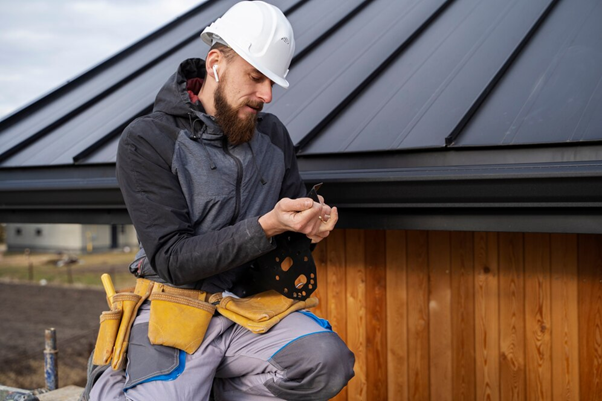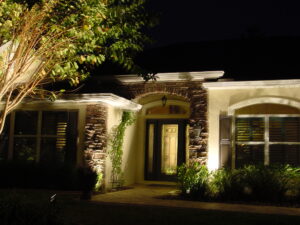
Roofing plays a crucial role in the functionality, safety, and efficiency of commercial buildings. From protecting assets to maintaining indoor climate control, quality roofing and professional commercial roofing services are essential for businesses. Let’s explore how roofing contributes to the success of commercial areas.
1. Protection of Assets and Operations
One of the primary functions of roofing in commercial settings is to protect valuable assets and facilitate uninterrupted operations.
Weather Protection Commercial roofs act as the first line of defense against weather elements such as rain, snow, hail, and UV radiation. A well-maintained roof prevents water leaks and moisture infiltration, safeguarding equipment, inventory, and interior spaces from damage.
Structural Integrity A sturdy roof helps maintain the structural integrity of the building. It distributes the weight of snow and rain evenly, reducing the risk of structural damage over time. Regular inspections and timely repairs by commercial roofing services ensure any potential issues are addressed promptly, preventing costly structural repairs down the line.
2. Energy Efficiency and Cost Savings
Efficient roofing systems contribute significantly to the energy efficiency of commercial buildings, leading to substantial cost savings over time.
Insulation and Temperature Control Properly insulated roofs help regulate indoor temperatures, reducing the workload on HVAC systems. This insulation not only enhances comfort for occupants but also lowers energy consumption and utility bills.
Reflectivity Some modern roofing materials have reflective properties that reduce the absorption of heat from sunlight. This feature, known as cool roofing, can help mitigate urban heat island effects in densely populated areas and further improve energy efficiency.
3. Enhanced Safety and Compliance
Maintaining a safe environment is paramount in commercial settings, and roofing plays a critical role in ensuring safety and compliance with building codes and regulations.
Fire Resistance Commercial roofing materials are often designed to be fire-resistant, providing an additional layer of protection against potential fire hazards. This feature is particularly important for businesses that handle flammable materials or operate in high-risk industries.
Compliance with Standards Commercial roofs must meet stringent building codes and industry standards. Professional commercial roofing services are well-versed in these regulations and ensure that installations and repairs adhere to local codes, enhancing safety and minimizing legal liabilities for building owners.
4. Long-Term Investment and Property Value
Investing in high-quality roofing systems is a long-term investment that enhances the overall value and appeal of commercial properties.
Durability and Longevity Durable roofing materials, coupled with regular maintenance and professional inspections, prolong the lifespan of the roof. This longevity reduces the need for frequent repairs and replacements, saving businesses money over time.
Aesthetic Appeal A well-maintained roof enhances the curb appeal of commercial properties, making a positive impression on clients, tenants, and visitors. Aesthetic considerations, such as color and design, can also complement the architectural style of the building, contributing to its overall attractiveness and market value.
Conclusion
Roofing is indispensable for the success and sustainability of commercial areas. From protecting assets and ensuring operational continuity to enhancing energy efficiency and compliance with safety standards, quality roofing systems and professional commercial roofing services play multifaceted roles. Investing in the right roofing solutions not only improves the functionality and safety of commercial buildings but also contributes to long-term cost savings and enhances property value.
Business owners and property managers should prioritize regular maintenance and inspections by reputable commercial roofing services to maximize the benefits of their roofing investments. By doing so, they can maintain a safe, efficient, and aesthetically pleasing environment that supports business operations and promotes overall success.



